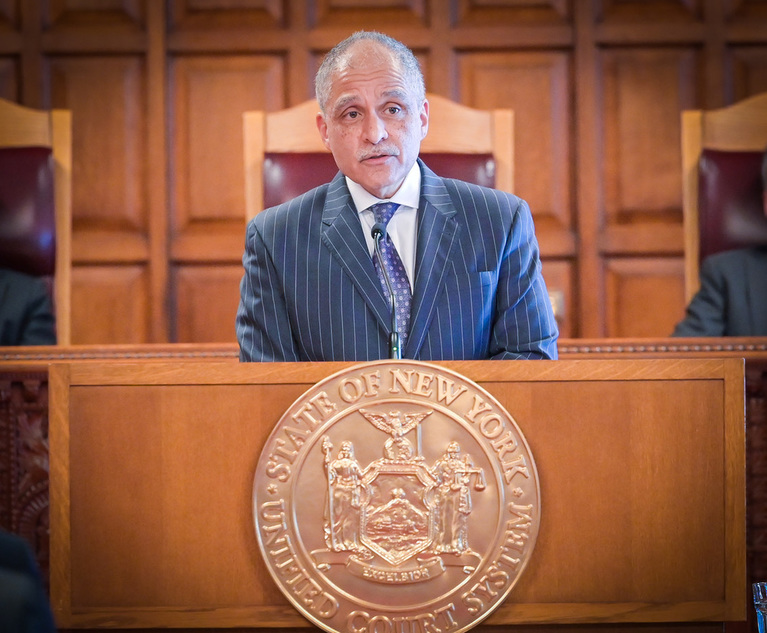With the highly contagious COVID-19 Delta variant on the rise, mandatory vaccination requirements are becoming more prevalent in the workplace. Unless prohibited by law or a collective bargaining agreement, employers are free to determine the terms and conditions of work, including that vaccination against COVID-19 is an essential safety rule and qualification for employment. Those who object to getting the vaccine are responding by increasingly seeking exemptions from mandatory vaccination based on their religious beliefs. Of the three possible responses by an employer—approval, rejection on the ground the employee’s religious belief is not credible, or that honoring the request would cause it undue hardship—this article focuses on the undue hardship defense. Unlike the heavy burden on employers to accommodate a physical or mental disability, in the religious accommodation context an employer need only show that the accommodation would require it to incur more than a “de minimis cost.” This lower standard may allow many employers, not subject to more protective state or city laws, to holistically challenge requests for religious accommodation to sustain the integrity of their mandatory vaccination rules and the safety of its workforces.
The Regulatory Landscape
Title VII of the Civil Rights Act of 1964, 42 U.S.C. §2000e-2(a)(1) and similar state and local anti-discrimination laws, make it an unlawful employment practice for an employer to discriminate against an employee or a prospective employee on the basis of his or her religion. It requires employers to accommodate employees’ religious beliefs that are “sincerely held.” A religious accommodation is an adjustment to the work environment in order to allow the employee to comply with his or her religious beliefs. The EEOC Religious Accommodation Compliance Field Officer’s Manual contemplates a simpler pre-COVID-19 time for it states that accommodation requests will generally relate to “schedules, dress and grooming, or religious expression or practice while at work.” EEOC Compliance Manual: Religious Discrimination §12-IV(A) (as last visited Aug. 23, 2021). Although issued during the COVID-19 pandemic in January 2021, the Manual’s authors plainly did not anticipate the need for mandatory vaccinations or that many employees would seek to avoid vaccination by asserting their need for a religious accommodation.


 Credit: Leigh Prather/Adobe Stock
Credit: Leigh Prather/Adobe Stock




